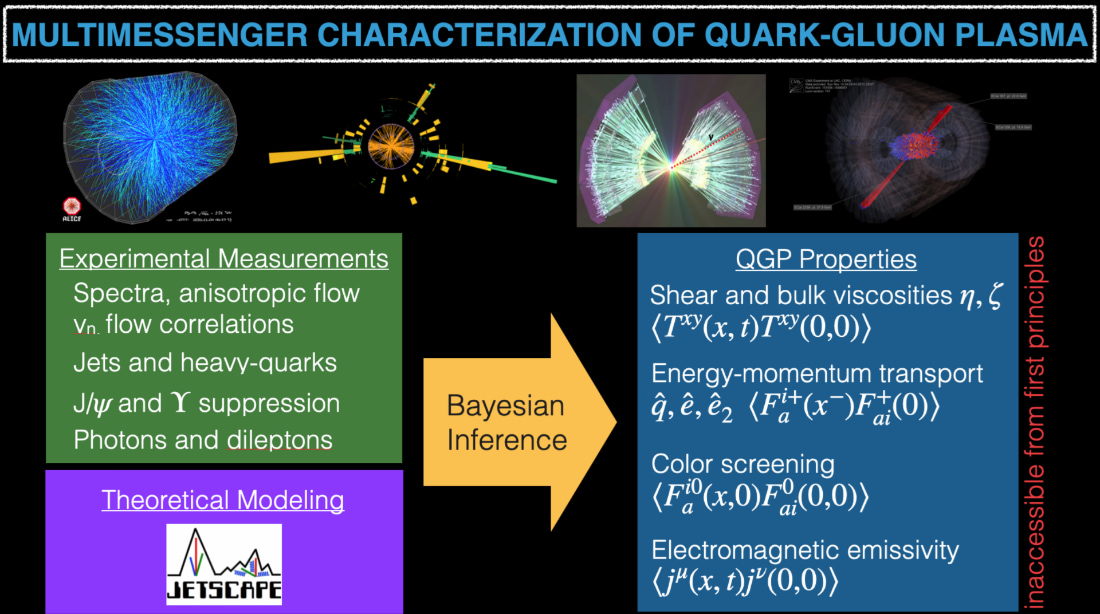Wayne State physics professors awarded Department of Energy AI development grant
Physics Professors Chun Shen and Abhijit Majumder recently received a prestigious Department of Energy grant to spearhead the development of machine learning and artificial intelligence applications in nuclear physics.
Joining forces with twenty-one other universities across the nation, Wayne State University is at the forefront of this groundbreaking endeavor. Led by Lawrence Berkeley National Lab, with professors Shen and Majumder serving as co-principal investigators for Wayne State, the university's project centers on advancing heavy-ion physics.

Their journey began with the submission of a grant proposal in January 2023, culminating in the exciting news of their selection in June of the same year. With funding secured from the outset of 2024 until the close of 2025, their mission is clear: to unify machine-learning experts and statisticians in the creation of common scientific toolkits tailored to nuclear physics research. This initiative targets three key areas: heavy-ion collisions, neutrino physics, and radial mapping of nuclear radiation.
At Wayne State, the project harnesses the power of the JETSCAPE framework to generate extensive datasets for training purposes. Employing sophisticated statistical analyses, they aim to develop a versatile tool capable of providing precise quantitative insights into heavy-ion physics. Collaborating closely with Lawrence Berkeley Lab, the University of California, Berkeley, and Duke University, Wayne State is leveraging collective expertise to drive this research forward.
The discussions and collaborations across the project have enriched the academic experience of Wayne State students engaged in machine-learning research. Postdoctoral student Hendrik Roch and graduate student Syed Afrid Jahan are among those benefiting from exposure to diverse perspectives and expert guidance.
As they cultivate valuable connections and expand their academic horizons, Wayne State University emerges as a beacon of innovation and collaboration in the dynamic realm of nuclear physics research.